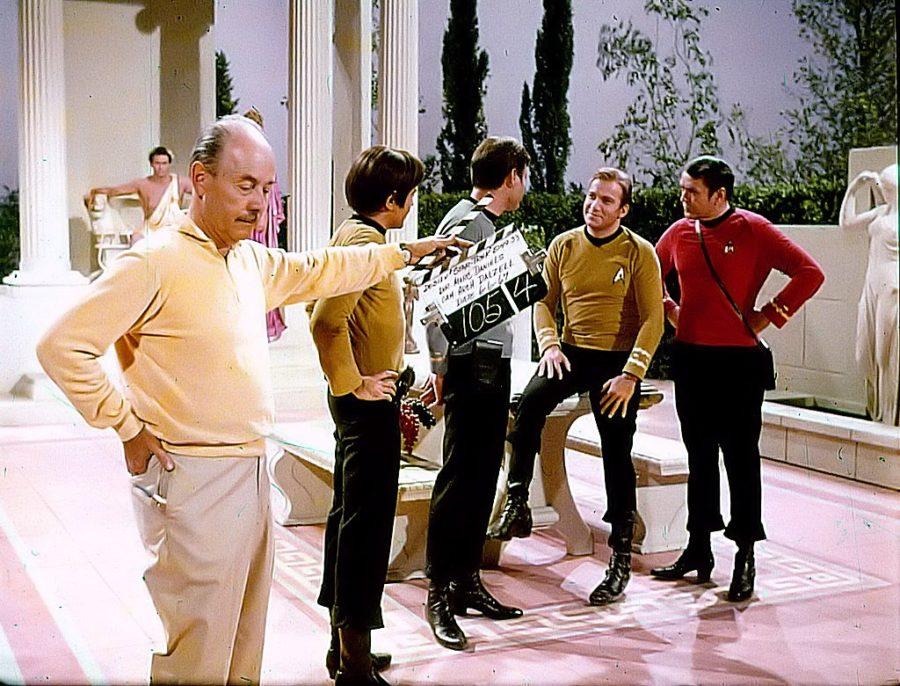“Oh, there’s another one?”
A fan’s plea to stop endless additions
Writers and producers need to learn when enough is enough.
In some cases, Hollywood or publishers wring out a major franchise as long as they can, wanting more dollars while forsaking a good story. Prequels, sequels, two-parts, and remakes are unnecessary more often than not. Because of these constant barrages of new content, the quality declines with each lazier plot. However, more product means more possible profit, so how can producers turn that down?
Other times, writers can’t let go of their creations. With just a tweet, J.K. Rowling, beloved author of the Harry Potter books, can add new lore to her stories even though the seven-part series concluded in 2007.
Her world of magic feels full thanks to the charming novels; there’s no need to keep adding little facts around every corner. Mattie Kahn, a devout reader of Harry Potter at ELLE Magazine, says it best:
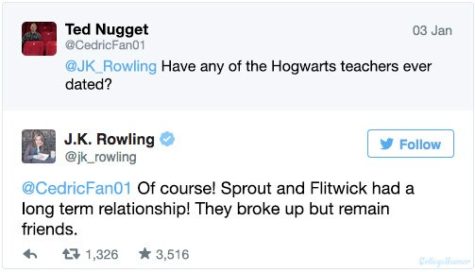
“These endless editions … don’t enrich the hallowed halls of Hogwarts or illuminate the backstreets of Diagon Alley. They just make what once seemed fairy-dusted and possible into yet another plastic coated franchise.”
Either way, there comes a point when audiences begin to feel annoyed with too many additions or weak plots, even if they still turn up to film or book releases out of fan loyalty. And therein lies the problem: Creators generally see the earnings but not the frustrations of fans, so flimsier stories or unnecessary content is released. It’s the Lost complex, or the case of George Lucas.
According to Rotten Tomatoes, Raiders of the Lost Ark (1981) received a fan rating of 96% liking it with over 800,000 user rating submissions. Indiana Jones and the Kingdom of the Crystal Skull (2008) faced a different response. The fourth (but not final!) movie in the Indiana Jones series only saw a 54% positive reaction from the 1 million fans who submitted reviews on Rotten Tomatoes. People tend to agree that Crystal Skull “screwed up Indiana Jones,” as screenrant.com puts it. If creator George Lucas had stopped after the third movie, the original feel could have remained intact and the final chapter would have closed seamlessly. Instead, we got aliens.
Let’s look at a few more examples for learning purposes.
Star Wars
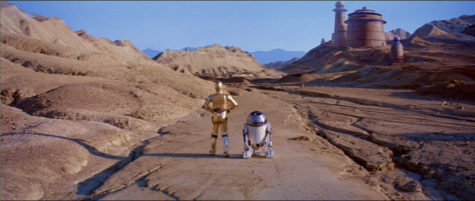
Were three prequels really necessary after the original trilogy? Even if it’s argued that yes, the audience did need three movies of Anakin transforming into Darth Vader, the poor quality of episodes I-III can’t be argued. Without the hype from the original episodes, the prequels wouldn’t have stayed afloat in the box office ratings. Most fans now consider these films a joke in the Star Wars universe.
Using the Rotten Tomatoes scale again, Episode I ranks in as the worst of the saga with only a 55% positive feedback. The order, from worst to best, is Episode I, II, III, VI, VII, IV, and finally, with a score of 94% liking the film, Star Wars: Episode V – The Empire Strikes Back.
Despite the poor reviews from fans unsatisfied with the prequels, Lucasfilm still produced Episode VII: The Force Awakens in 2015. More movies are promised to come. Maybe these new editions can strengthen the original content, or maybe Star Wars should have stopped while it was ahead.
Pirates of the Caribbean
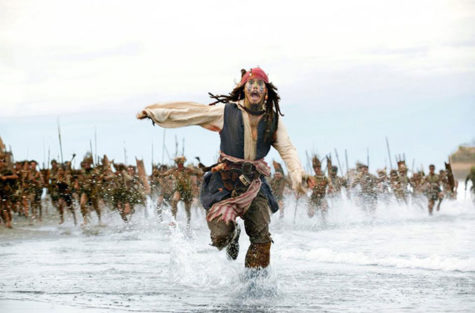
After the first film, The Curse of the Black Pearl, the plot of Pirates of the Caribbean became crazier and sloppier with every addition. Each subsequent movie declined in the fan ratings, and none saw a worse review (54% fan approval) than the fourth installation, On Stranger Tides. A fifth movie is scheduled to release in 2017, though how long can you drag out a story based on an amusement park ride?
A Song of Ice and Fire
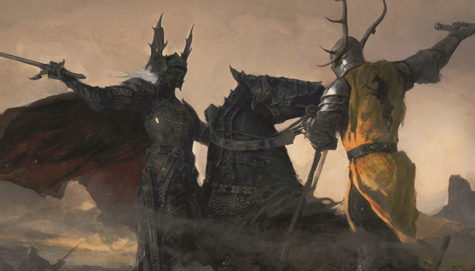
George R.R. Martin’s epic fantasy novels have captivated audiences since 1996. Though the intricate characters and world continue to entertain fans, the books seem to peak after number three, A Storm of Swords. George Underwood of the-artifice.com, a site of articles dedicated to pop culture, offers the idea that readers can consider A Storm of Swords an ending. He says,
“It is generally agreed that the third book is the best in the series. It focuses on the climax of the War of the Five Kings, with more dramatic plot twists and character deaths than most other authors could fit into an entire series.”
The content of the following novels are still great overall. However, they’re filled with too many point-of-views, focusing on uninteresting point-of-views with excessive details throughout. It feels like Martin has tired of the story, leaving fans to dry out. People begin to wonder if Martin has painted himself in a corner.
The most frustrating thing for a fan to see is when something good is stretched too thin. There’s a simple solution, writers: Stop writing when you start sacrificing the story. (Or in J.K. Rowling’s case, learn to let your creations go.) Maybe then, we can all avoid advertisements to ten more The Fast and the Furious movies and hundreds of edits to published books.
After all, Marty McFly and Harry Potter taught us best. We must be very careful when messing with the past or the future, and franchises are not immune to the consequences.

